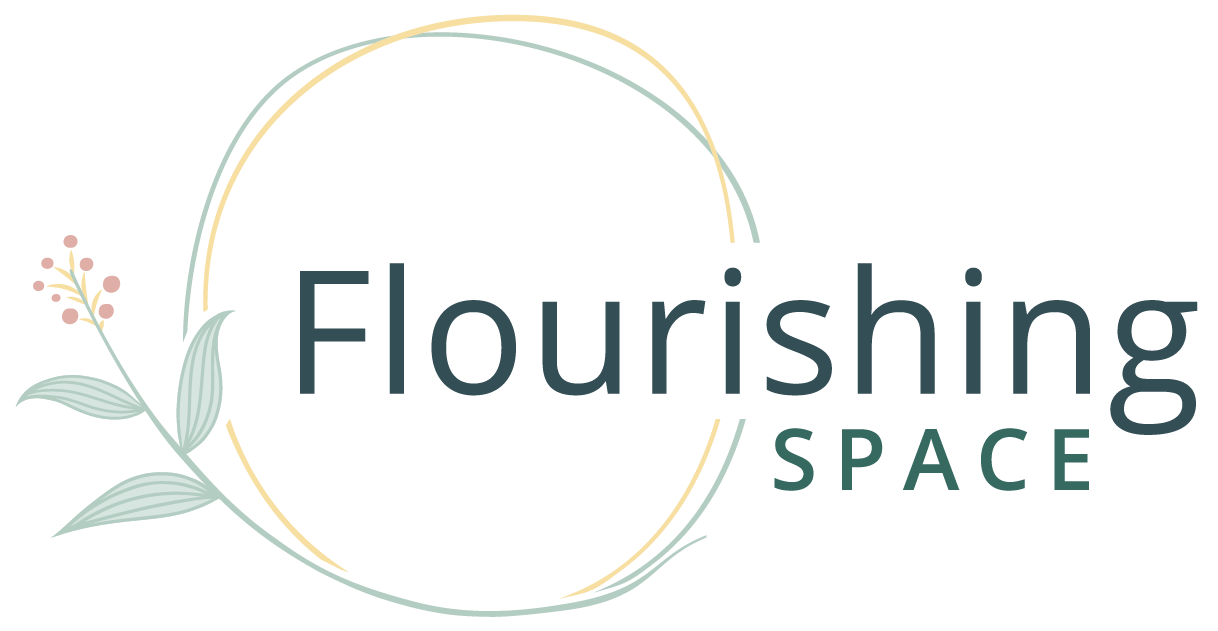Creativity and Collective Care
Photo Credit: Kenrick Mills
Decolonising Our Practice: Creativity and Collective Care
Have you ever felt exhausted after a day of supporting others, knowing the system itself is working against you and your clients? You're not alone, and it's not your fault.
Exhaustion in the helping professions often comes from resisting systems and structures that were never designed to support us, or those we serve.
Recently, I attended a powerful masterclass with Dr Averil Cook on diversity and supervision in Psychology.
Dr Averil is the Director and Clinical Psychologist at Bodhi Psychology, a Board-approved supervisor and AHPRA-approved supervisor trainer. Her work in decolonising clinical practice is so vital for our field.
The masterclass was somehow thoughtful and reflective, expertly facilitated, thought-provoking and action-oriented all at the same time. Dr Averil’s approach left me with renewed hope that continued change is possible in our profession, individually and collectively.
Some of the urgent questions she explored with us were: How do we decolonise our practice? How do we stop the harm caused by oppressive systems? And how do we build new systems of care that better support those we work with, ourselves, and our work?
As Dr Averil reminded us, psychology has a colonial history. And it has been shaped by Western biomedical models that overlook the lived experiences of Indigenous peoples and other marginalised groups. Decolonising our practice includes critically reflecting on our assumptions.
It also involves acknowledging the discomfort that comes with challenging our internalised beliefs and biases. And it means working against oppressive systems by centring equity, justice, and diverse voices.
This aligns closely with the new professional competencies for Psychologists (effective December 2025), which require culturally informed, trauma-aware, and human rights–based approaches. And Dr Averil helped us to explore what these competencies actually look like in practice.
Beyond Self-Care: Collective Restoration
As Dr Vikki Reynolds has shown, traditional self-care isn’t enough when the root causes of exhaustion are systemic. What we need is collective care. She explains that this includes connection, accountability, and care for each other. This means creating spaces where we can witness each other's struggles, share resources, and build the support networks that sustain us in challenging work.
For me, creative practices, especially in group settings, are a doorway into this collective restoration. Creativity and playfulness are acts of resistance that sustain us.
When we create together, we rediscover parts of ourselves that systems of oppression try to diminish: our playfulness, joy, and collective wisdom.
Creativity is not a luxury. It’s essential for sustaining ourselves and reimagining our profession.
Want to Explore More?
Oppressive systems isolate us. But when we come together, through creativity and collective care, we can guard against depletion and build the change we need.
If you’re feeling depleted, it’s not a personal failing. It’s a signal that change is needed. Your creativity and connection aren’t optional. They are tools for restoration and transformation.
If you are a Psychologist, especially in Australia, I’d highly recommend Dr. Averil Cook’s workshops. You can check out the masterclass I recently attended by visiting Bodhi Psychology.
To learn more about Dr. Vikki Reynolds’ work, you could start with her website. It contains lots of helpful information and resources.
If you’re feeling the weight of systemic pressures and want to reconnect with sustainable, creative approaches to your work and life, explore my services here.
Does this post resonate with you? I'd love to hear from you. You can connect with me on Instagram @the_flourishing_space or LinkedIn.

